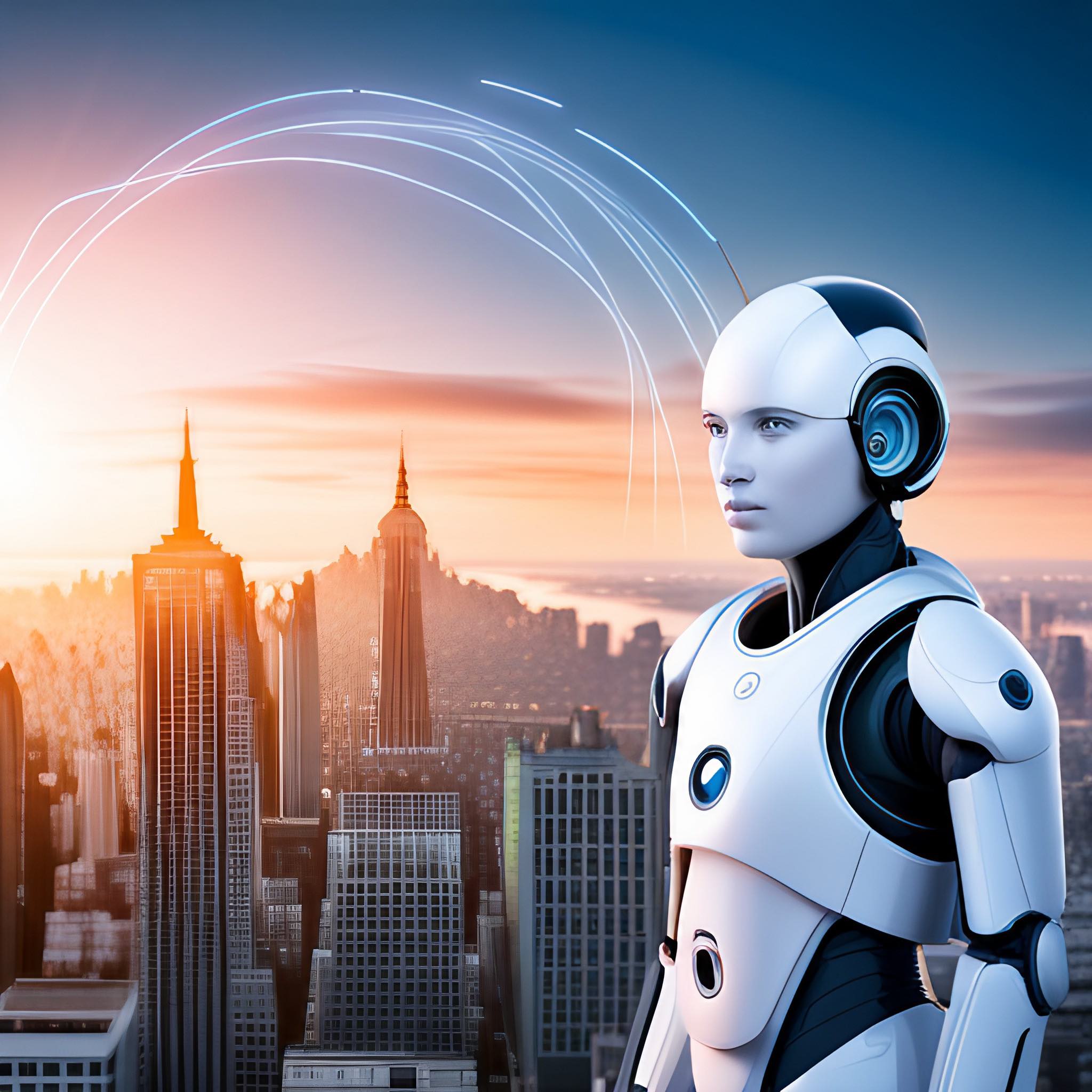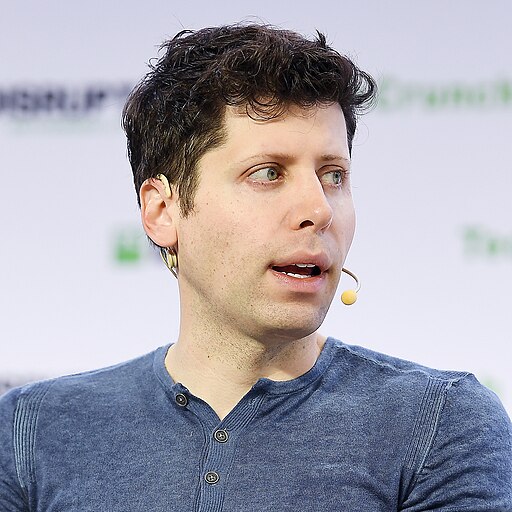In a recent podcast interview, Mo Gawdat, renowned artificial intelligence (AI) expert and former chief business officer at Google X, sent shockwaves through the tech industry with a terrifying warning about the dangers posed by AI. Gawdat cautioned that the rapid ascent of AI should give pause to those who are yet to become parents, urging them to reconsider having children due to the potential risks associated with this technology.
During a conversation with podcast host Steven Bartlett on the Diary of a CEO podcast, Gawdat expressed his concerns, stating, “The risks are so bad, in fact, that when considering all the other threats to humanity, you should hold off from having kids if you are yet to become a parent.” His words echo the sentiments of other prominent tech industry figures, such as Elon Musk and Steve Wozniak, who previously signed an open letter urging developers to temporarily halt further AI innovations.
The Centre for AI Safety also emphasized the need for global attention, stating that mitigating the risk of AI-induced extinction should be treated as a priority alongside other large-scale societal risks like pandemics and nuclear war.
Sam Altman, CEO of OpenAI, the organization behind the popular ChatGPT chatbot, has previously warned about the potential “existential risk” associated with AI.
Gawdat went so far as to draw parallels between our future reality and dystopian films like Blade Runner, saying, “There has never been such a perfect storm in the history of humanity… If you really loved your kids, would you really want to expose them to all this?”
These remarks from Gawdat come after his appointment as chief AI officer at Flight Story, a marketing agency led by Steven Bartlett. Gawdat’s extensive experience and knowledge of technology, combined with his concerns about the impact of AI, make him a valuable addition to the team.
Gawdat believes that artificial intelligence represents the culmination of technological advancement and will play an unprecedented role in shaping the world. He suggests that the sophistication of digital intelligence has reached a point where it has become autonomous and requires appealing to, rather than strict control.
As we examine the landscape of AI development, it is evident that recent advancements have focused on linguistic, mathematical, and logical reasoning abilities. However, the next wave of AI progress aims to enhance emotional intelligence. Moreover, sequential learning, exemplified by Google’s DeepMind, is enabling AI systems to acquire multiple skills. Deep learning has made significant strides in helping machines understand the physical world to a certain degree, and its applications span across various industries. China, among the leading economies, has been at the forefront of AI research and investment in recent years.
The current wave of AI growth is driven by factors such as substantial venture capital investments in AI start-ups, advancements in computing power, and the promotion of open-source platforms that facilitate collaborative learning. The abundant availability of big data also plays a crucial role in the industry’s expansion, with the volume of data generated by today’s digitized economy projected to reach 163 trillion gigabytes by 2025, growing at a rate of 40% annually.
As the world grapples with the risks and opportunities presented by AI, Gawdat’s warning serves as a stark reminder that careful consideration and ethical frameworks must guide the development and deployment of this transformative technology. With the potential to shape humanity’s future, the responsible and conscientious application of AI remains paramount.
Botcratic will continue to monitor the progress of AI, bringing you the latest news and insights from industry leaders like Mo Gawdat as they navigate the complex terrain of artificial intelligence.







